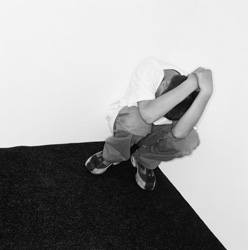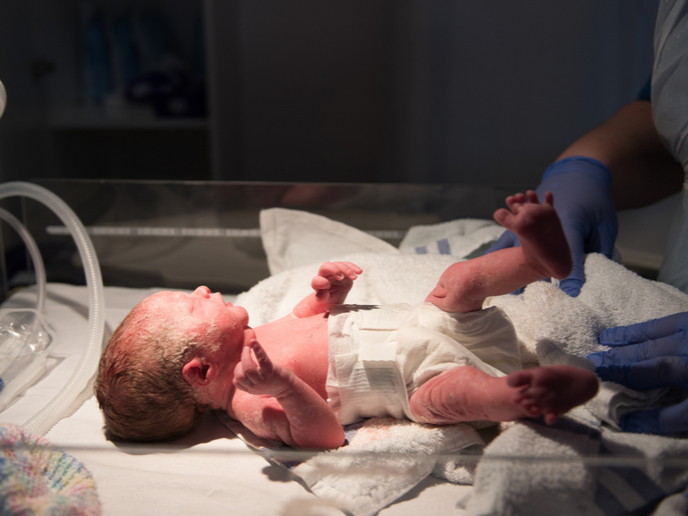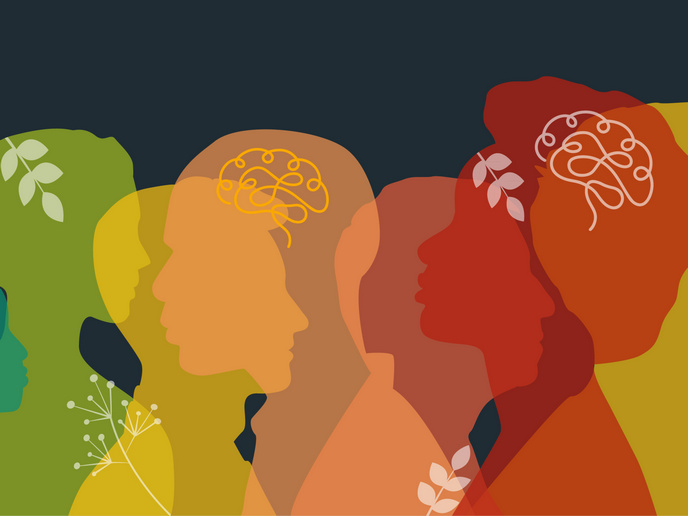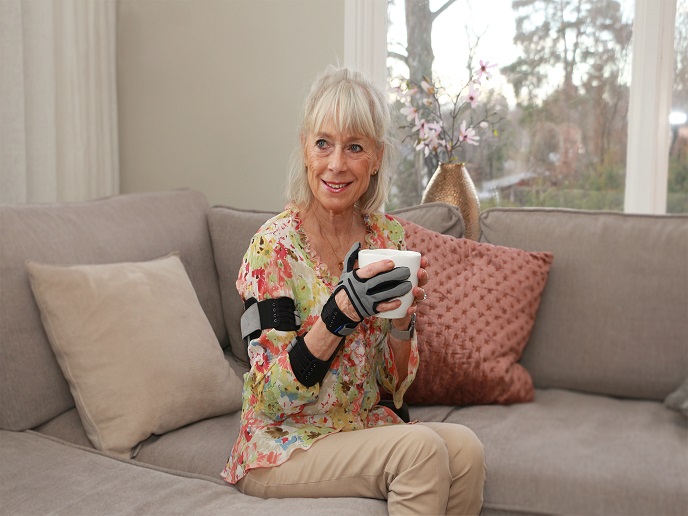Improving support for traumatised children
The EU funded the 'Psychological network support to violence traumatized children : disasters, conflicts' (CHILD TRAUMA NETWORK) to improve help and intervention in situations of violence trauma. Established in 2004, the network grouped clinician psychiatrists and psychologists of 10 Mediterranean Sea countries: Algeria, Belgium, Egypt, France, Italy, Lebanon, Morocco, San Marino, Spain and Tunisia. The focus of this group of francophones was to improve the knowledge and actions taken in supporting and caring for children traumatised by violence in disasters such as war and terrorism. Relevant concepts and practices taught throughout the world are largely based on the American Diagnostic and Statistical Manual of Mental Disorders (DSM). This approach, however, does not adequately reflect nor can it be used to sufficiently respond to the clinical reality observed in the countries included in this initiative. Recognising these shortcomings, the network aimed to harmonise action doctrines and practices across the three phases of trauma: immediate, post-immediate and delayed-chronic. In particular, efforts were focused on elaborating simple clinical tools for examination, evaluation and treatment. Assigning importance to differences in cultural values and customs was also a key project element, as was an emphasis on gender equality in access to care and ethical issues. To further CHILD TRAUMA NETWORK goals and efforts, partners worked towards producing a common handbook for young psychiatrists, psychologists and other mental health professionals. Aimed at the teaching, training and practice of medico-psychological and psycho-social support of traumatised children, the handbook was submitted to critics, and subsequently modified based on feedback. Another objective foresaw the creation of a country-by-country help system enabling a partner country to call on other partner countries for help in evaluating needs and for reinforcement teams. Overall, the project's approach bodes well for children affected by violence and trauma: enhancing supportive measures in times of disaster, for better support and intervention.







